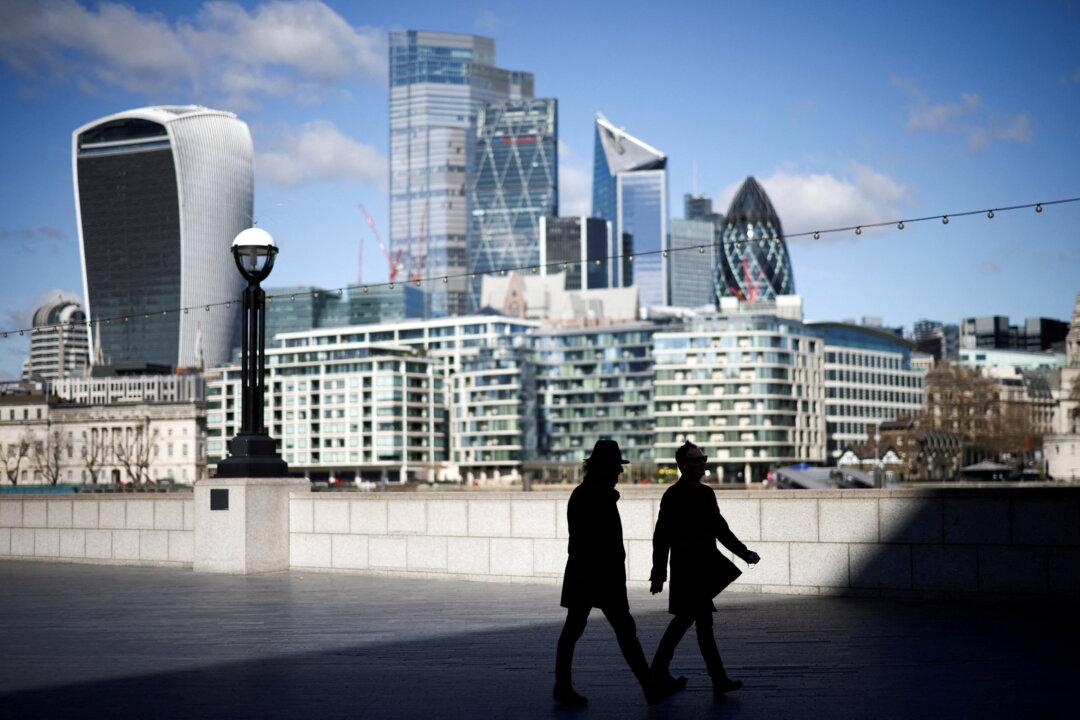Newly released records showing overseas ownership of UK property reveal, for the first time, China’s strengthening grip on London’s financial district.
Documents released under Britain’s brand new register of overseas entities—and analysed by The Epoch Times—reveal how the Chinese regime has ploughed millions into commercial and residential properties in the affluent area using offshore companies.





